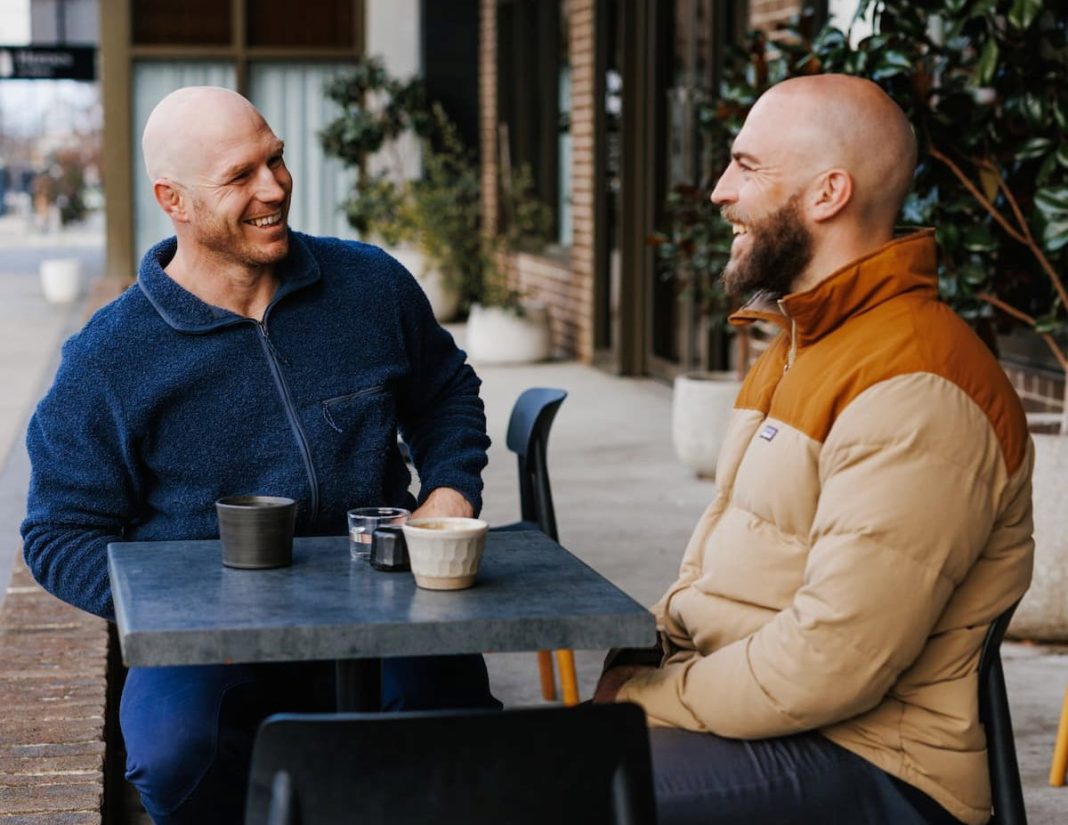I met David Pocock through my movement studio, Praksis, which I established after graduating with a philosophy degree at ANU in 2017. He came in for a private session with me and showed up ego-free, completely open to learning. You wouldn’t have guessed he was captaining the Wallabies at the time.
Four years later, I was sitting in his parliamentary office, shortly after the 2022 federal election, asking for a job. I told him I thought what he was doing was important, and I wanted to be part of it in whatever way he’d let me.
Without a party machine to help establish systems, the early days were very fast-paced. It was all hands on deck responding to emails, answering phone calls, scrutinising legislation, helping draft amendments, arranging meetings, figuring out who was fire warden, and receiving briefings in dozens of portfolio areas.
Although the pace never really slowed – it doesn’t in an independent’s office – roles gradually became clearer and standard operating procedures fell into place. I ended up becoming the Senator’s adviser responsible for small business policy and ACT-specific issues.
Senator Pocock’s approach is to put people first. The team takes this seriously, regardless of who the person is. All phone calls, email exchanges and meetings are carried out in good faith, and with an inclination to say ‘yes’ wherever possible.
Senator Pocock’s modus operandi is to start by listening. He’s always looking for opportunities to learn more, rather than to parade his own knowledge.
This is part of the real power of independents; with no ‘party faithful’ or ‘political base’ to answer to, you’re liberated to listen to everyone. The upshot is that independents can pull together diverse views from people who wouldn’t typically find themselves speaking with each other.
Senator Pocock regularly hosts roundtables to do exactly that. A room full of business and union reps, for instance, led to respectful and constructive exchanges about workplace relations reform. Often these roundtables unearth a significant amount of common ground, removing the vitriol from the debate and leaving clearer the sticking points that need further refinement.
This process results in more balanced outcomes. And, even when one side is disappointed, they still leave the exchange feeling respected and involved in a genuine ongoing conversation. Next time, things might align more closely with their preferences.
So, what did I learn working for David Pocock?
I learned that almost everyone is right at least some of the time, so deciding prima facia not to vote with any particular individual is a huge mistake. Senator Pocock has voted with the Liberals, Lidia Thorpe, Labor, Ralph Babet, the Greens, Jacqui Lambie, and Pauline Hanson. If it’s a good idea, it should be supported – no matter who came up with it. Democracy works best when we play the ball, not the player.
I learned that although peak bodies do incredibly important work, and expert advice is vital, nothing beats hearing directly from people with boots on the ground.
I learned that a genuine conversation with a politician or their office, where the person on the other side of the interaction feels they’re actually engaging with a real human being, can be enough to reinvigorate someone’s belief in democracy. Connecting on a basic human level, rather than bureaucratising everything, sends a strong message that politics is for everyone, not just for ‘people of influence’.
I learned that although most party politicians seem to be good people, they’re hamstrung by their parties. A party politician is disincentivised from spending too much time listening to their constituents because they know their positions are ultimately set by the party and therefore can’t be updated based on what they’re hearing.
I learned that authenticity in politics is rare and, therefore, incredibly refreshing. Everyone can tell when, rather than engaging in an authentic way, a politician parrots talking points. That’s what turns people off politics.
I learned that independents like David Pocock are bringing new swathes of the population into the political decision-making process.
And I learned that we also need sensible independents at the territory level to hold the ACT Government to account and help create a nation-leading Canberra.
Thomas Emerson is the leader of Independents for Canberra, a candidate for Kurrajong contesting the 2024 ACT Election, a former adviser to Senator David Pocock and the founder of Praksis Movement Studio.



